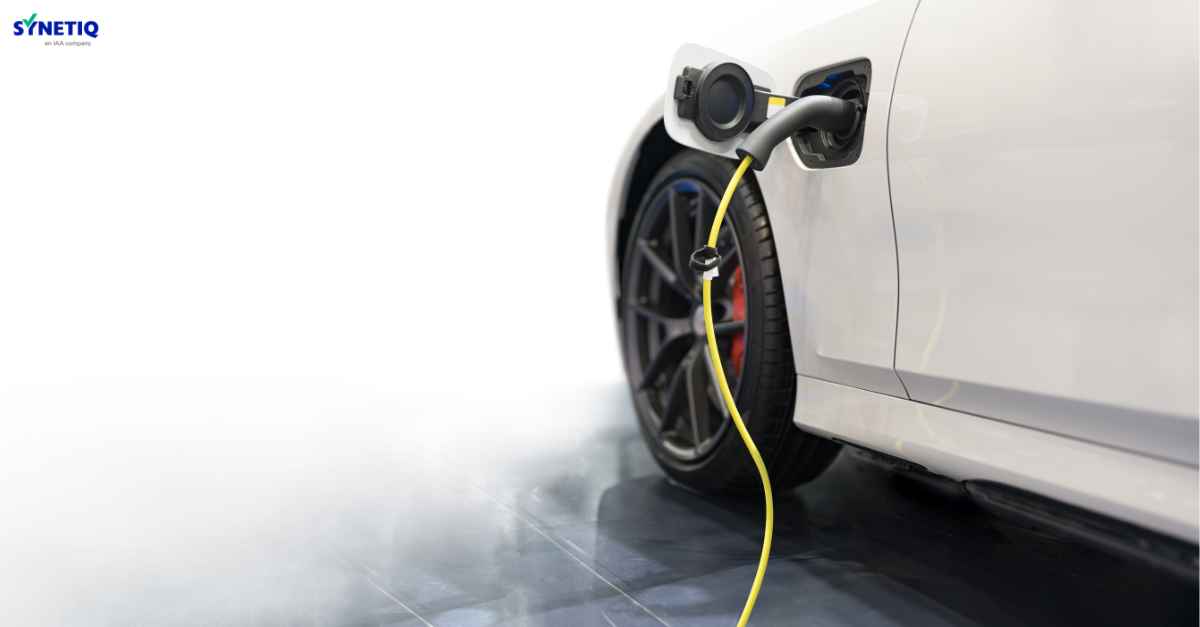There is no one-size-fits-all approach to best practice, and good outcomes differ according to sector, service and customer. For SYNETIQ, best practice is about ensuring that total losses are managed in the most effective and efficient way for both the customer and the environment.
EVs present a wholly new concern in this area; here, SYNETIQ discusses the challenges posed by battery recycling, and how it is working with the wider industry to find best outcomes.
According to the DVLA, over 960,000 vehicles were taken off the roads last year and as a leading vehicle recycler, it’s our responsibility to adopt and share best practice when handling these vehicles to ensure our clients and their policyholders get the best outcome.
Best practice is a feature in the management standards ISO 9000 and ISO 14001 and we are accredited for both. Achieving these standards means we must evidence the fact that we work towards best practice in our daily duties. We also carry out internal audits against our processes and ISO clauses.
Discovering best practice is a continuing process we go through when adapting and responding to external factors that can have an impact on our business.
External influencers such as new technology, changes in the economy, Brexit and Covid-19 have taught us that as a business we can be agile in our ways of working and continue to deliver for our clients.
It is important to identify your own best practices and adopt ones that suit your business needs. Implementing another company’s best practice could result in trying to fit a square peg into a round hole.
At SYNETIQ, we have seen a tenfold increase in electrified car and van disposal in the past two years. As a recycler, we have a responsibility to dispose of EV batteries in the safest, most cost-effective, and sustainable way.
As our industry navigates the undiscovered world of EV battery recycling, where best practice is yet to be clearly understood, we’re working with experts to research sustainable and cost-effective disposal.
Earlier this year, we teamed up with automotive risk intelligence company Thatcham Research in a project to focus on electric vehicle collision repair and salvage processes.
Very little is known about the risks presented by EVs and what we do know is that there is currently a lack of affordable or available repair solutions and post-accident diagnostics. As we continue on our journey in the discovery of a best practice solution to this issue, we need more data from manufacturers to be able to process the vehicles in a safe, cost-efficient, and sustainable way.
A joined-up approach and more knowledge-sharing throughout the entire supply chain would help to facilitate the safe handling and repairing as well as recycling and repurposing of collision-damaged BEVs. This would support the industry in creating a sustainable, cost-effective way of handling the batteries and electrical components.
As we’re still in the research stage to determine what best practices are for battery recycling, one thing we do know is that it will certainly be worth the time we have invested. We’re leading the way on this subject, and we look forward to sharing the findings so everyone can get the very best outcome.

















